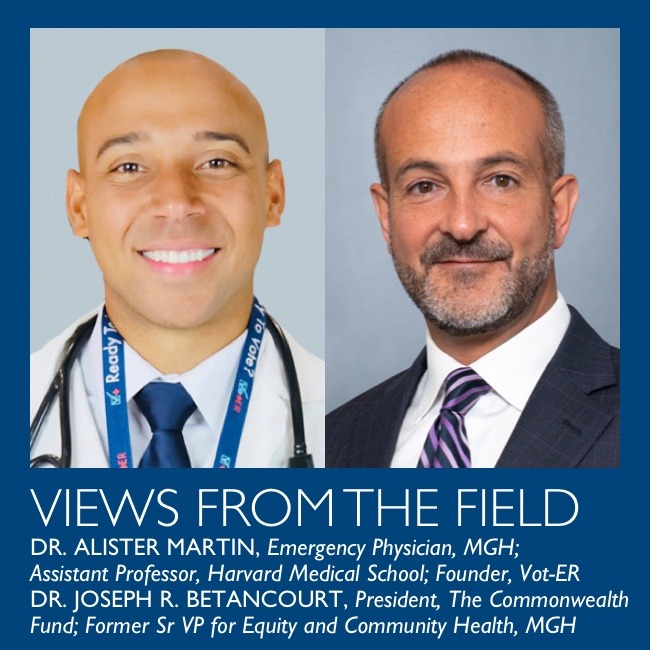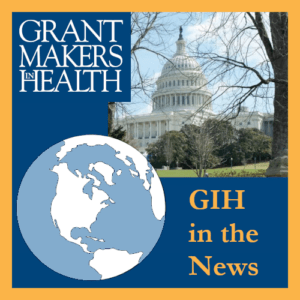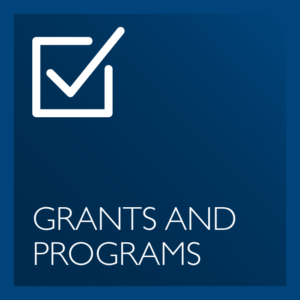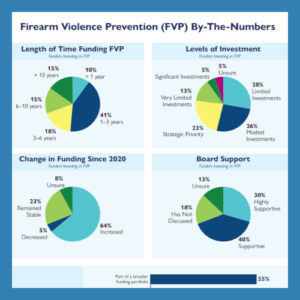The Final Reconciliation Package: Implementation of Key Provisions
On July 4, 2025, H.R. 1, the One Big Beautiful Bill Act, was signed into law. The implementation dates for key health care provisions in the law vary, with some taking effect immediately upon passage and others being implemented over several years. This resource details key dates for the implementation of the law’s most significant health care provisions.
Deadlines in Health-Related Executive Orders and Presidential Memoranda
This GIH policy resource details many of the health-related executive orders issued by the administration and includes a calendar of upcoming implementation deadlines.
Beyond the Exam Room: Impacting Health Outcomes Through Civic Engagement
August marks Civic Health Month, a time to showcase the link between voting and health and celebrate efforts that ensure every voter can support their community’s health at the ballot box. At the same time, the United States is grappling with a health care system ranked 37th globally despite consuming 17 percent of the country’s GDP. With 26 million Americans uninsured and 43 million underinsured, the gap in access to care continues to widen. This crisis will deepen as critical ACA subsidies expire at the end of 2025, potentially leaving 3.8 million more Americans without coverage, in addition to new federal cuts to Medicaid and changes to how coverage is accessed through the health insurance marketplace, which could result in as many as 20 million Americans losing their health insurance.
Standing Together in Perilous Times
GIH urges our Funding Partners and others in our community to join us in signing onto this public statement—we stand a better chance together than if we go it alone.
Philanthropy @ Work – Transitions – April 2025
The latest on transitions from the field.
Blue Cross Blue Shield of Massachusetts Foundation: April 2025
The Blue Cross Blue Shield of Massachusetts Foundation released a chart pack that describes the potential threats to subsidized health insurance coverage and financing in Massachusetts under the new federal administration.
The National Peanut Board: April 2025
The National Peanut Board (NPB) is accepting inquiries for its second annual request for proposals (RFP) for food allergy research grants. The call for applications is open through May 9, 2025. This year, NPB has increased the total availability of grant funding up to $550,000, which will be awarded to qualified projects designed to advance food allergy solutions.
Philanthropy @ Work – Grants and Programs – April 2025
The latest on grants and programs from the field.









